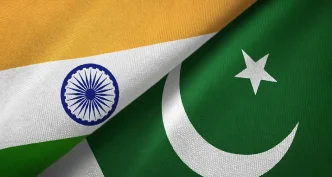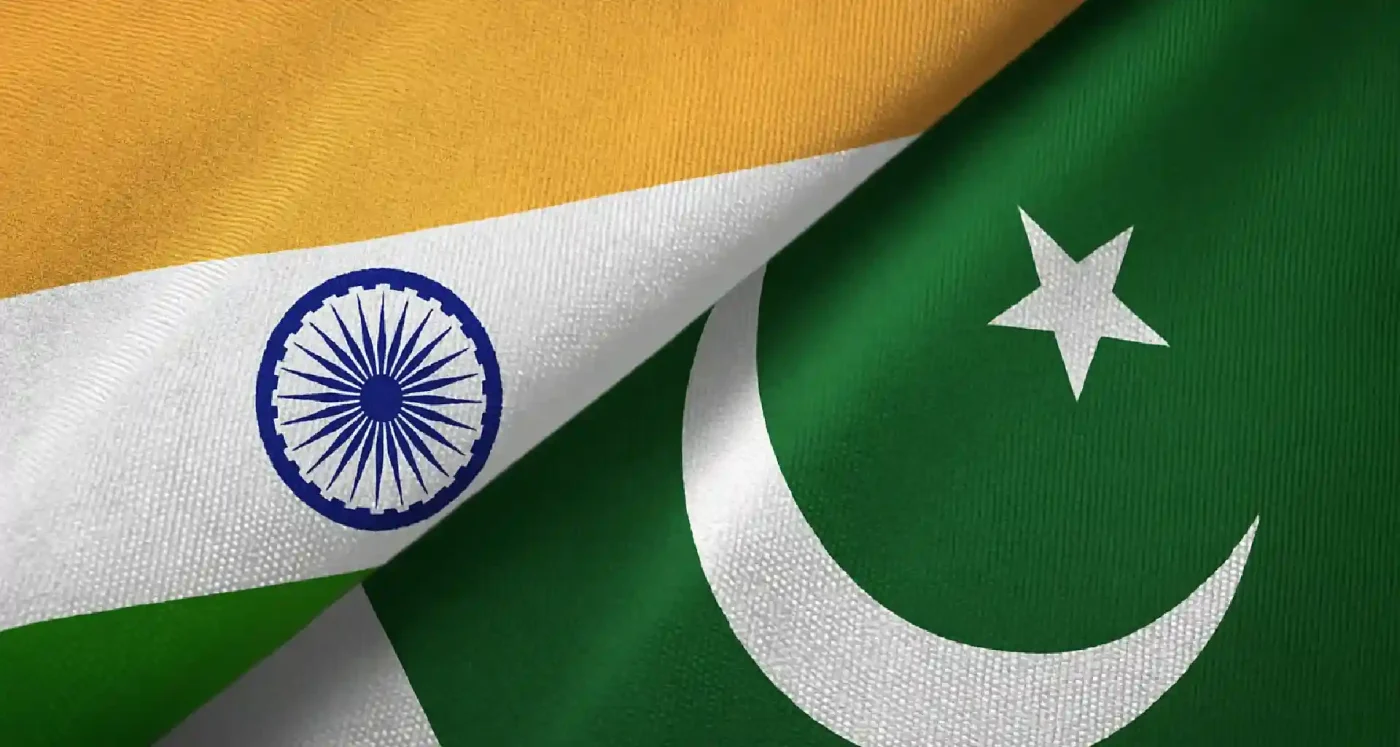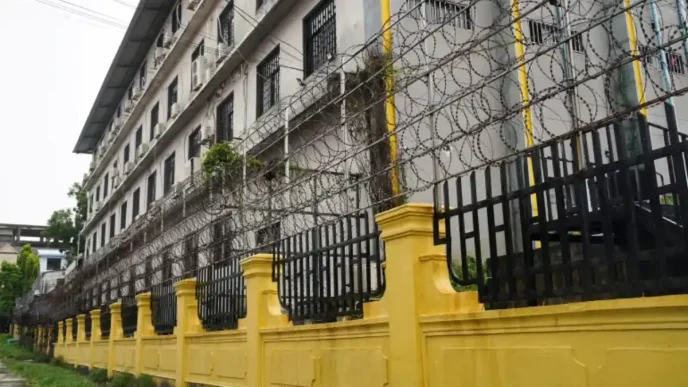Jakarta has issued an urgent plea for calm as deadly clashes between nuclear-armed neighbors India and Pakistan intensify, marking the worst violence in the region in two decades. The latest escalation, triggered by a terror attack in Indian-administered Kashmir last month, has resulted in significant casualties, military strikes, and widespread international concern over the potential for further destabilization in South Asia.
Renewed Violence in Kashmir
The conflict reignited following a devastating attack in late April, which claimed the lives of 26 civilians in Indian Kashmir. India attributes the attack to Islamist militant groups Jaish-e-Mohammad and Lashkar-e-Taiba, alleging support from Pakistan—a claim Islamabad vehemently denies. In response, India launched air strikes targeting what it described as “terrorist camps” in Pakistani Kashmir and Pakistan, aiming to disrupt recruitment and training operations. Indian military spokespeople emphasized that the strikes were designed to minimize civilian casualties, though they provided no specifics on the methods employed.
Pakistan, in turn, reported that six locations were hit, none of which were militant bases, according to a military spokesperson cited by Reuters. The strikes resulted in at least 26 civilian deaths and 46 injuries on the Pakistani side. Islamabad also claimed to have shot down five Indian aircraft and drones, a statement yet to be confirmed by Indian authorities. Meanwhile, local sources in Indian Kashmir told Reuters that three Indian fighter jets crashed in the region, with the pilots now hospitalized.
Beyond the air strikes, intense shelling and gunfire have erupted along the de facto border in the Himalayan region of Kashmir, a longstanding flashpoint between the two nations. Police and witnesses reported to Reuters that the exchanges killed 10 civilians and wounded 48 on the Indian side, with an additional six deaths on the Pakistani side. The violence has disrupted daily life, with images emerging of destroyed homes, such as one in Kalgi village in Uri, approximately 125 kilometers from Srinagar, where artillery shelling has left communities reeling.
Indonesia’s Diplomatic Response
Amid the escalating crisis, Indonesia’s Foreign Ministry has taken a proactive stance, urging both India and Pakistan to exercise restraint and prioritize dialogue. In a statement posted on its official X handle on Wednesday, the ministry expressed concern over the situation and emphasized the need for a peaceful resolution. “We urge both parties to exercise restraint and prioritize dialogue in resolving the crisis” the statement read.
The ministry also issued advisories for Indonesian citizens in the affected regions, encouraging heightened vigilance and avoidance of targeted areas. According to embassy reports, 74 Indonesians reside in the Pakistani areas impacted by the strikes, while 11, including two children, live in Kashmir. Most, many of whom are married to locals, have reported feeling safe in their homes. Additionally, the ministry advised against travel to the India-Pakistan border and confirmed that no Indonesian nationals were harmed in the recent violence. Data from the Foreign Ministry indicates that over 1,000 Indonesians live in each country, with significant numbers visiting India annually.
International Calls for De-escalation
Indonesia’s plea echoes a broader international chorus calling for calm. The United Nations, through a spokesperson for Secretary-General António Guterres, warned of the catastrophic risks of a full-scale military confrontation. “The world cannot afford a military confrontation between India and Pakistan” the spokesperson stated, as quoted by AFP. China, which shares borders with both nations, similarly urged restraint, cautioning against actions that could further complicate the situation. United States Secretary of State Marco Rubio, in a post on X, noted that Washington was closely monitoring developments and hoped for a swift end to the conflict.
The violence has already had ripple effects beyond South Asia. Several Asian airlines, including Indonesia’s Batik Air, have halted or rerouted flights to India and Pakistan, while a dozen Indian airports have been temporarily shuttered. These disruptions underscore the broader economic and logistical impacts of the crisis, affecting travel and trade across the region.
Historical Context of the Conflict
The roots of the India-Pakistan conflict trace back to 1947, when the two nations were partitioned following the end of British colonial rule. The division, particularly over the disputed territory of Kashmir, has fueled decades of hostility, including multiple wars and countless skirmishes. Both countries claim Kashmir in full but administer separate portions, with the Line of Control serving as a volatile de facto border. The region’s strategic importance, coupled with its cultural and religious significance, has made it a persistent source of tension.
Recent decades have seen periodic escalations, often tied to militant activities and cross-border allegations. The April attack on Hindu tourists in Indian Kashmir, one of the deadliest in years, has reignited long-standing grievances. India’s subsequent ban on Pakistani nationals and imports reflects a hardening stance, while Pakistan’s denial of involvement highlights the deep mistrust between the two capitals. If confirmed, India’s allegations of state support for militant groups could further complicate diplomatic efforts to de-escalate the situation, though no independent evidence has yet substantiated these claims.
Human and Regional Impacts
The human toll of the current violence is stark. Beyond the reported deaths and injuries, thousands of civilians in border areas live under the constant threat of shelling and displacement. In Indian Kashmir, communities like Kalgi village bear the physical scars of conflict, with homes reduced to rubble by artillery fire. On both sides, families grapple with loss and uncertainty, while local economies, heavily reliant on tourism and agriculture, face severe disruptions.
The crisis also poses risks to regional stability in South Asia, a region already navigating complex geopolitical challenges. The nuclear capabilities of both India and Pakistan amplify the stakes, drawing urgent attention from global powers. A prolonged conflict could destabilize neighboring countries, disrupt trade routes, and exacerbate existing humanitarian issues, particularly in border regions already strained by poverty and underdevelopment.
Challenges to Dialogue
Despite international calls for restraint, the path to dialogue remains fraught. Trust between New Delhi and Islamabad is at a historic low, with each side accusing the other of provocation. India’s military response, framed as a preemptive strike against terrorism, contrasts sharply with Pakistan’s portrayal of the actions as unprovoked aggression against civilians. Bridging this narrative divide will require sustained diplomatic engagement, potentially mediated by neutral third parties or international organizations like the United Nations.
Domestic political pressures further complicate the situation. In India, the government faces demands for a strong stance against perceived threats from Pakistan, particularly in the wake of the April attack. In Pakistan, public outrage over civilian casualties could limit room for compromise. Both leaderships must balance national security concerns with the risk of escalation, a delicate task under intense public and political scrutiny.
Looking Ahead
As the violence continues, the international community watches with bated breath, hoping for a resolution that prioritizes human lives over territorial disputes. Indonesia’s call for dialogue, alongside similar pleas from global powers, underscores the urgent need for de-escalation. Yet, with military engagements ongoing and rhetoric sharpening, the prospect of a lasting ceasefire remains uncertain. The question looms: can South Asia avert a broader conflict, or will historical grievances continue to fuel a cycle of violence?
















